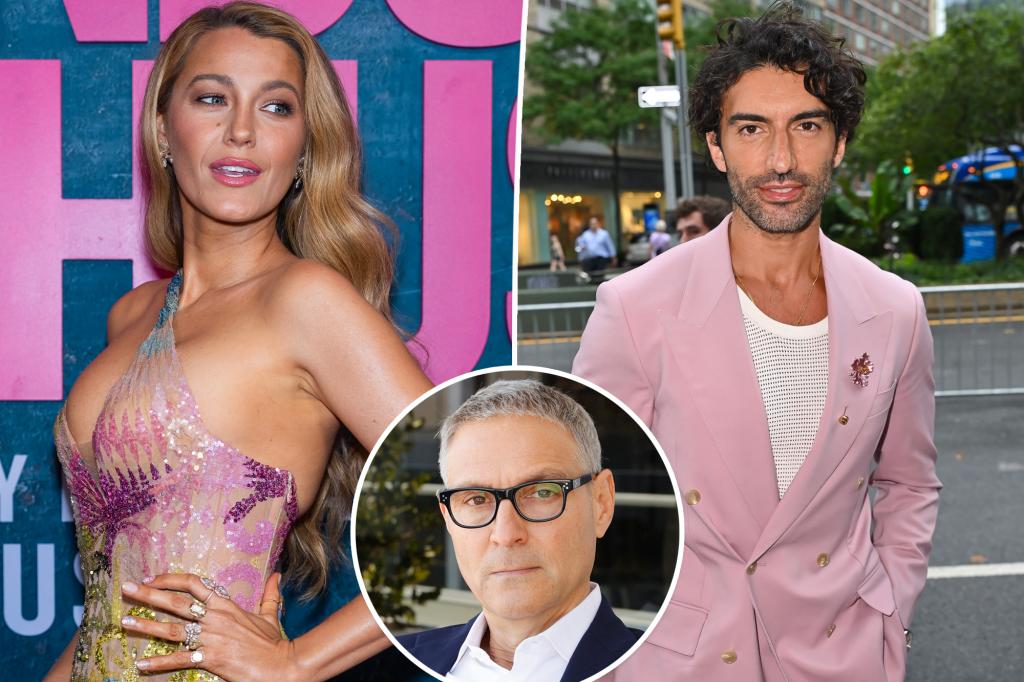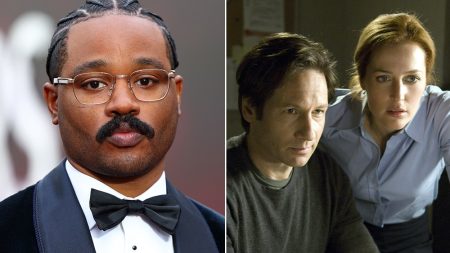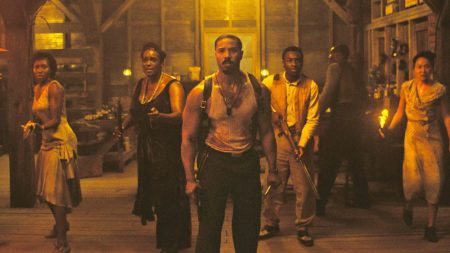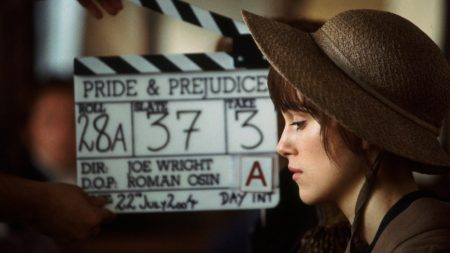Hollywood power agent Ari Emanuel recently made headlines for his candid, and somewhat controversial, remarks about actor Justin Baldoni and his ongoing legal battle with former co-star Blake Lively. During a taping of Freakonomics Radio Live at the Wilshire Ebell Theatre in Los Angeles, Emanuel, who serves as CEO of Endeavor, took a jab at Baldoni, mocking his last name and referring to the situation as “f–ked up” and “bad.” Emanuel’s comments were reported by the Hollywood Reporter, and while Baldoni’s team has yet to publicly respond, his lawyer, Bryan Freedman, fired back with a clever rebuttal. Freedman praised Emanuel as one of Hollywood’s best and most loyal agents but also hinted at a lack of personal connection between Emanuel and Baldoni, suggesting that Emanuel’s perspective might change if he had ever met Baldoni during the time Baldoni was a client of his agency. The exchange highlights the tense and fraught nature of the legal feud between Baldoni and Lively, which has captivated the entertainment industry and sparked debate about power dynamics, reputation, and accountability in Hollywood.
The conflict between Baldoni and Lively first came to light amid the release of their film It Ends With Us last summer. While promoting the movie, Lively accused Baldoni and his team of orchestrating a “smear campaign” to derail her reputation. She filed a complaint with the California Civil Rights Department and later escalated the matter with a lawsuit, alleging sexual harassment, retaliation, breach of contract, and infliction of emotional distress, among other claims. Baldoni has vehemently denied any wrongdoing and has since filed his own lawsuit against Lively and her husband, Ryan Reynolds, accusing them of extortion and defamation. He is seeking $400 million in damages and has even gone so far as to release raw behind-the-scenes footage and private text messages from the production of It Ends With Us in an effort to clear his name. The legal battle has become increasingly personal, with both sides digging in their heels and accusing the other of manipulative tactics.
Ari Emanuel’s comments not only drew attention for their biting humor but also for the broader insights they offered into the dynamics of the feud. Emanuel, who confirmed that Baldoni was dropped as a client by the talent agency WME (which is owned by Endeavor), spoke glowingly of Lively and Reynolds, describing them as “incredible people” and praising their charitable contributions and professional integrity. He also expressed skepticism about Baldoni’s legal strategy, urging his team to “stop” and let the justice system run its course. Emanuel’s endorsement of Lively and Reynolds, however, has not gone unchallenged. An assistant director who worked with Lively on her 2018 film A Simple Favor recently came forward with a damning account of her experience, describing Lively as “cruel” and claiming that the actress frequently reduced her to tears during filming. These allegations, while anecdotal, have fueled speculation about Lively’s workplace behavior and raised questions about whether Emanuel’s defense of her is entirely warranted.
The-issue of workplace behavior and accountability has become a central theme in this conflict. Lively has accused Baldoni of harassment and retaliatory actions, which she claims created a toxic environment on the set of It Ends With Us. Her legal team has framed the case as a classic example of a woman speaking out against abuse, only to be met with counteraccusations and attempts to discredit her. Baldoni, on the other hand, maintains his innocence and argues that Lively and Reynolds are using their influence to railroad him. The feud has taken on an increasingly personal tone, with both sides presenting competing narratives about who is the real victim. As the legal battle drags on, it has sparked a broader conversation about how power imbalances in Hollywood can impact the way such conflicts are perceived and handled.
Despite the high stakes and personal nature of the feud, it’s important to remember that the legal system will ultimately decide the outcome. A trial date has been set for March 9, 2026, and both sides have agreed to bypass the court’s mediation program, indicating their readiness to fight this out in court. In the meantime, the public is left to grapple with the conflicting accounts and decide for themselves who to believe. While Emanuel’s comments have added fuel to the fire, they also underscore the broader cultural issue of how we respond to allegations of misconduct. As more details emerge, it will be crucial to approach this situation with nuance and an open mind, avoiding the temptation to rush to judgment.
In the end, this feud serves as a reminder that the entertainment industry, for all its glitz and glamour, is not immune to the same challenges and conflicts that play out in other workplaces. The stories of Baldoni, Lively, and Emanuel offer a rare glimpse into the intricate web of power, reputation, and accountability that shapes so much of Hollywood’s inner workings. As the legal battle unfolds, the outcome will not only determine the fates of those directly involved but also send a message about how such situations are handled in the future. For now, the world watches and waits, eager to see how this drama will ultimately play out.









